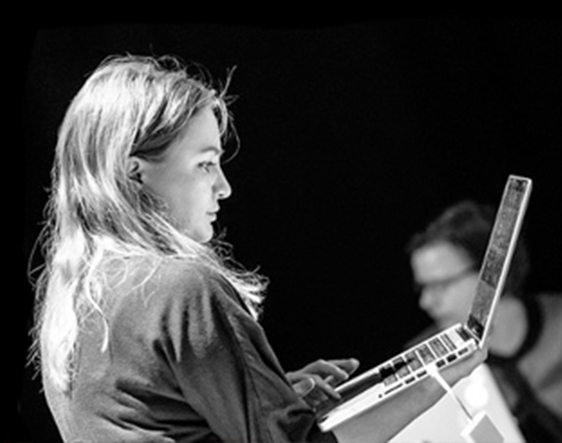Could Amazon’s Alexa one day replace your PA? Voice technology, smart fridges and mood-sensing robots all featured heavily at this year’s Consumer Electronics Show in Las Vegas. But while these innovations are currently marketed for home consumption, Paul David Munnelly, Founder and CEO of City Calling predicts that the smart tech we’re seeing today will change the job market of the future – and provide huge potential benefits and savings for big and small businesses alike. UK job site, City Calling reveals the top emerging trends from CES 2017 that has the potential disrupt the UK job market over the next decade.
Amazon Echo Alexa – Virtual Assistant
Virtual assistants featured heavily at CES 2017, but one spoke louder than the rest. Amazon’s virtual assistant, Alexa, is set to be everyone’s own personal assistant this year, which is welcome news for the rising number of self-employed entrepreneurs and start-ups in the UK. Currently, Alexa’s voice technology is designed with home in mind, from curating your music playlist to working with your smart tech home devices to control heating, lighting and even preheating your oven with just a word of prompt. However, with the concept of ‘work life’ balance increasingly blurring, City Calling predicts that we’ll see her transition into the office in the future – and potentially even replacing the traditional PA role. Alexa’s functionality could help manage the workday wisely, from reading out daily agendas and scheduling meetings to booking appointments and travel arrangements – all activated by voice command.
Hubble Hugo – Mood Sensor Robot
This one-eyed intriguing robot can not only track human movements, but it can also tell how people are feeling, categorising emotion into anger, joy, sadness, disgust, surprise, and fear. This ability to measure emotions and monitor surroundings creates huge potential for marketers to adopt Hugo into shopper research practises. From gauging pedestrian’s reactions to window displays to providing heightened security protection for businesses by analysing manner and body language.
LG – Smart Fridge
LG launched its newest smart fridge, inbuilt with internal cameras and Amazon’s Alexa AI software, allowing users to access the inside of the fridge online via a panoramic camera.
The smart software allows you to monitor what’s in the fridge, the sell-by dates on individual items and warn you when low on stock. The gadget can also remind users of upcoming events and birthdays meaning no more last minute dashes to the shop for colleague’s birthday cakes! Paul David Munnelly comments; “Wastage is a current topic on the news agenda at the moment with 7.3 million tonnes being wasted a year and smart tech will could be used eliminate unnecessary excess in offices and not just the home. While it may not revolutionise business models, companies could see overhead costs come down which could provide crucial savings at a time of economic uncertainty.”
Sensorwake – Alarm Clock
Google and Facebook are among those rewriting the rules on employee benefits to boost productivity and staff wellbeing with unlimited holiday, chill-out ball pits and nap pods installed. The new Sensorwake alarm clocks could be the perfect addition to the already extensive list, helping employee’s get that extra 20 minutes of shut-eye.
Sensorwake’s Oria, a device that promises to improve sleep quality through the power of scents, is the first device on the market to use scent within an alarm clock. Oria uses two fragrances, one that helps users relax and fall asleep faster, and another that helps with deep-phase sleep perfect for maximising the benefits of a lunchtime power nap.
LG – Airport Robot
LG has launched two friendly robots to work in airports; the Airport Guide Robot and the Cleaning Robot. With plans for a new Heathrow terminal to be built by 2025, London could be the first airport to pilot a fully automated experience. If successful, City Calling foresees this trend crossing over into wider industries being applied to leisure and hospitality roles to make check in and check out processes quicker. However, it has the potential to give travellers a more seamless and less stressful experience, Paul David Munnelly believes that “nothing can truly replace the emotive interactions between customers and human airport staff. People will always value genuine helpful advice and the smile that goes with it.”









